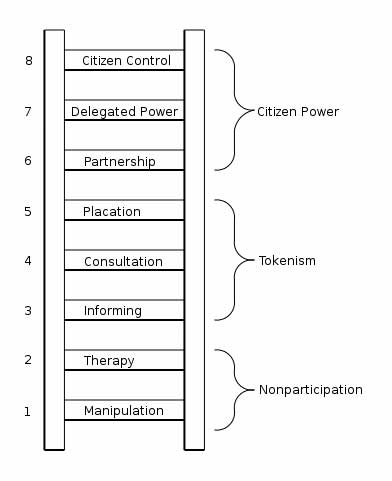Speaking of the Journal Star’s editorial yesterday, they sum up their case for PBC funding with this condescending paragraph:
But again, the primary criticism comes from those who’ve never quite come to grips with the fact that they live in a republic, not a direct democracy. Should District 150 regain its PBC connection, perhaps it should spend those funds constructing a building in which they teach civics, the lessons of which seem lost on a certain segment of the population.
Translation: if you’re against the school being able to get funding through the Public Building Commission (PBC), then you’re an ignorant boob in need of remedial education.
Maybe the editors of the Journal Star should attend those civics lessons instead. They can start by studying the words of Thomas Jefferson in the Declaration of Independence, where he says that governments “deriv[e] their just powers from the consent of the governed.” Thus, if the people don’t want the school board to have the power to spend tax money on new schools without a binding referendum, that is perfectly within the rights of the citizens of a republic.
Indeed, one needn’t throw out the school code or the Constitution, nor do they need to resort to direct democracy, in order to place reasonable limits on their representatives in our current form of government. In the case of the PBC, these limits already exist, and those who oppose PBC funding are not arguing for new legislation, but the status quo.
And since when is it the job of our legislators to represent other municipal corporations? Are Schock and Shadid representatives of the school board or the people? In this case, they’re acting as representatives of the school board, since the people clearly don’t consent to additional bonding authority being given.
And since the Journal Star thinks PBC funding should be available to all, why are they in favor of SB2477 which would only grant this bonding authority (a) for 5 years, and (b) only for Peoria Public School District 150? The Journal Star should be fundamentally opposed to this abridgment of our republic and advocate instead a bill that would completely repeal the 1993 law that stripped all school boards from using the PBC. Of course, such a bill would never pass the legislature, because it’s easier for representatives from elsewhere in Illinois to pass laws that don’t affect their constituents.
Here’s another civics lesson from Bob Bratt: citizens of Illinois have the right under Illinois’ constitution “to make known their opinions to their representatives and to apply for redress of grievances.” In other words, voting our representatives out of office is not our only avenue for participation.

